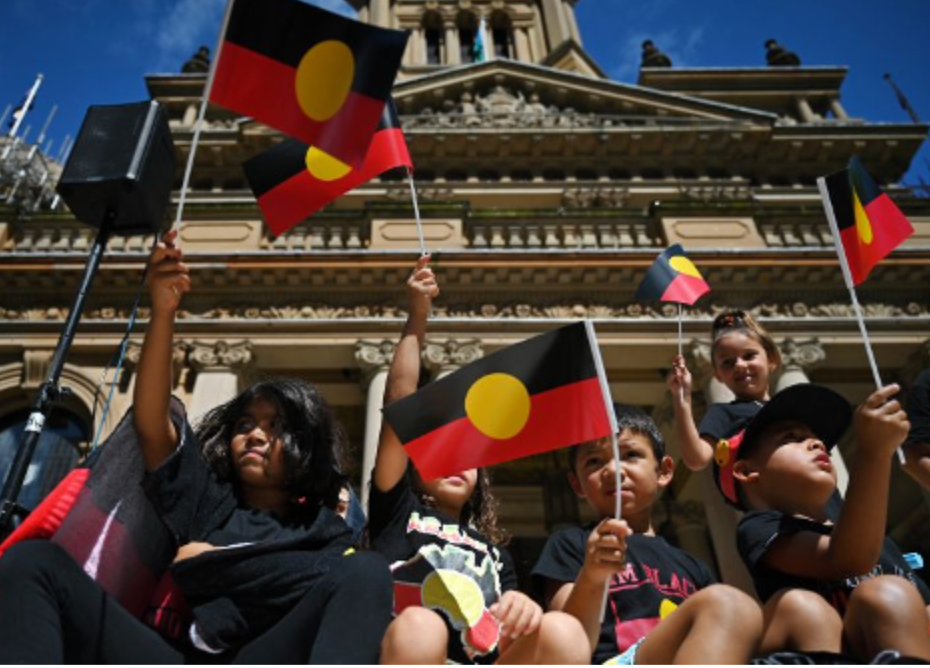Australian Legislation Rejects Proposal for Indigenous Self-Determination
- Jameela Rizwan
- Dec 1, 2023
- 2 min read

Australians have consistently indicated frustration with the lack of progress when it comes to "closing the gap," or attaining equality between Indigenous and non-Indigenous Australians, Australia has rejected a proposal to recognise Aboriginal people in the country’s constitution and establish a formal body to advise parliament on Indigenous issues and for their self-determination.
An Aboriginal and Torres Strait Islander Voice would have been constituted if the referendum had been accepted.
Voice Referendum
In 2017 the Voice came into action by a historical document called the ‘Uluru Statement from the Heart’. The Australian Indigenous Voice Referendum 2023 was held on 14 October 2023.
The proposal failed to receive the two-thirds majority needed for modification under section 128 of the constitution because it was rejected both nationally and by a majority in each state. The only state or territory with a majority of "yes" votes was the Australian Capital Territory.
The statement was drafted by more than 250 leaders leaders who were Australia's First Nation people, a community that continues to suffer in poor health and face discrimination economically and socially.
Reaction of Australians
The Australian prime minister, Anthony Albanese, called for Australians to be kind to each other after the referendum.
"This moment of disagreement does not define us. And it will not divide us,” he remarked.
According to critiques, there is currently fair representation for Indigenous people in parliament. There are presently 11 Indigenous parliamentarians in the parliament, which is 4.8% of the total and is marginally greater than the proportion of Indigenous Australians across the board.
The Voice, however, argues that MPs do not always represent Indigenous issues they represent certain districts, or how an MP from Indigenous community in office doesn't always present a positive representation for the community which can led to it's prosperity and development, so a formal body for Aboriginal issues was needed.
Self-determination of Indigenous People
Self-determination is a collective right exercised by the people. Indigenous people are recognized by international law as having the right to self-determination in Articles 3 and 4 of the United Nations Declaration on the Rights of Indigenous Peoples (UNDRIP),2007.
Indigenous peoples have the right to "independent decision-making, self-government, and institutional self-reliance," which is recognized by their right to self-determination. This includes the Aboriginal and Torres Strait Islander peoples, who long before the colonisation practiced self-determination and self-government for tens of thousands of years.
What's next?
Although the proposal was rejected, Prime Minister Anthony Albanese had previously indicated a referendum on this issue, likely for the second term in 2025.
Will there ever be a formal body for Indigenous People?
Will the second term in 2025 for Albanese bring anything for the Voice?




Comments